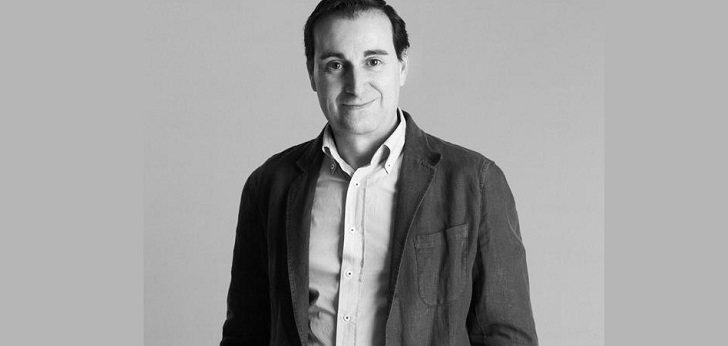2018, a year of executives, debt and innovation to recover Mango’s figures
The second biggest fashion retailer in Spain appointed Toni Ruiz as general manager. The executive will be in charge of correcting the group’s evolution resorting to the online business.

Toni Ruiz is Mango’s general manager since October
Mango will remember 2018 as another fiscal year of changes and transformation looking for black figures. The second biggest fashion distribution group in Spain underwent twelve more months of hectic international expansion and web commitment, all accompanied by the constitution of a new leadership that will have to redirect the way threatened by debts.
In mid-August, the company announced the corresponding results of fiscal 2017. The group scored an important correction of its losses: it ended fiscal 2017 with 33 million euros in red numbers, which compared to the 61 million registered in 2016, is a success.
Mango’s turnover stood at 2.19 billion euros last fiscal year, compared to the 2.26 billion euros of 2016. “With a similar behaviour of sales during the second half year as during the first, the group has entered apath of profitability”, claimed back then Daniel López, Mango’s vice-president.
The pressure of the debt was another of the fiscal year’s constants. According to the company, the group did a clean up of its balance, which entailed a “strong cut of its liabilities and a reduction of its net financial debt”. The 31st of December 2017, the group’s net debt stood at 415 million euros, 33% less than in the previous year, when it ascended up to 617 million.
The online channel was another of Mango’s expansion drivers in 2018
The positive touch was given, as in all recent years, by the digital business, even though the group’s total sales descended by 2.9% in 2017, the company’s revenue through e-commerce continued to grow in a double-digit, with a rise of 15.4% reaching 339.2 million euros.
The company is focused on the implementation of an omnichannel strategy and in 2018 it settled the grounds for what will be one of its biggest projects for 2019. Mango predicts to install in Barcelona’s district 22@ a digital innovation centre in which about one hundred people work and which is led by Elena Carasso.
A new team
And, on top of all that, a new executive team. The leadership’s main piece is Toni Ruiz, the company’s general manager since October. The executive, until then financial manager, stands at the front of the group next to Daniel López, Jonathan Andic and Carlos Costa, who report to him directly.
Two of the most highlighted appointments of the fiscal year were Antonio Pascual Barroso, which in October joined as supply chain global director, coming from companies such as Inditex and Esprit, and Jordi Álex Moreno, which in January left Desigual to join the forces of Mango as director of information and communication technologies.
International expansion
International expansion is one of the characteristics of Mango’s DNA, and in 2018, the group showed it off once again. In Asia, the fashion distribution group conquered a new market, Laos, and opened its first store in the country’s capital. With this opening, the company was present in 115 countries around the world. Also in Asia, Mango committed to geographical development through the web: sealed a deal with Tmall, the e-commerce platform property of Alibaba, to distribute its childrenwear line, for which it also opened a directly operated online store.
In Africa, the group also premiered in a new country: Kenya. In October, the company released in its Kenyan market its first store, with which it reached a total of 64 stores in the African continent spread around fifteen countries. Amongst them, South Africa, Cameroon, Egypt, Libya and Namibia. Inside the framework of their expansion around Africa, the group also wants to open two stores in Angola by 2019.
Latin America, with a special emphasis on Colombia and Europe, were two of the other focuses for Mango’s expansion. In a more mature territory (although not necessarily safe), Mango was also settled in the United Kingdom in spite of Brexit with a new point of sale in London and its first one in the city of Oxford.


info@themds.com
Validation policy for comments:
MDS does not perform prior verification for the publication of comments. However, to prevent anonymous comments from affecting the rights of third parties without the ability to reply, all comments require a valid email address, which won’t be visible or shared.
Enter your name and email address to be able to comment on this news: once you click on the link you will find within your verification email, your comment will be published.